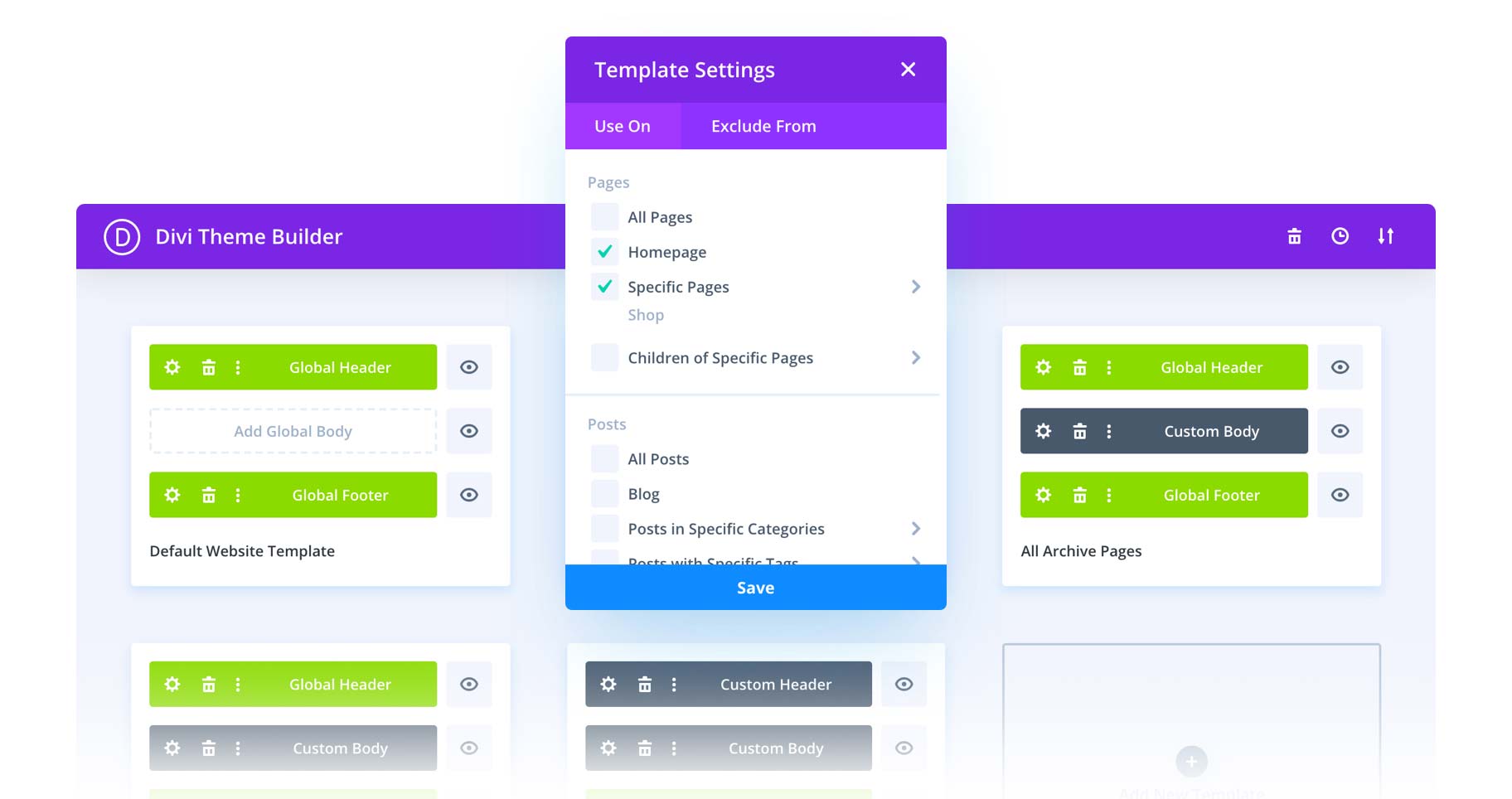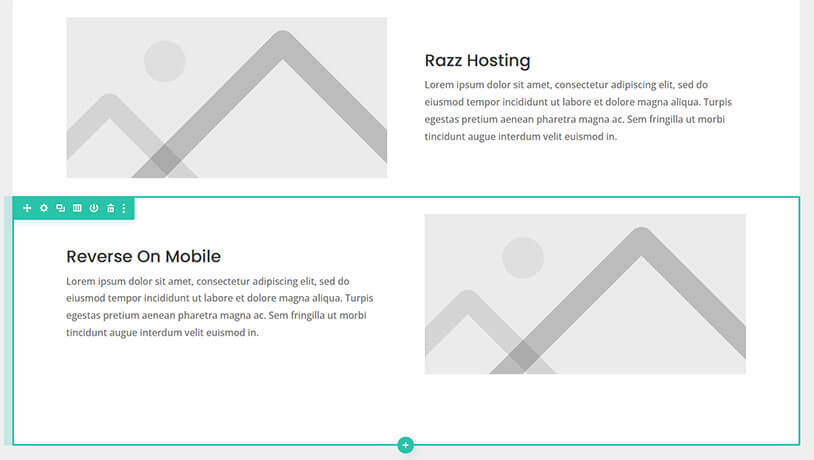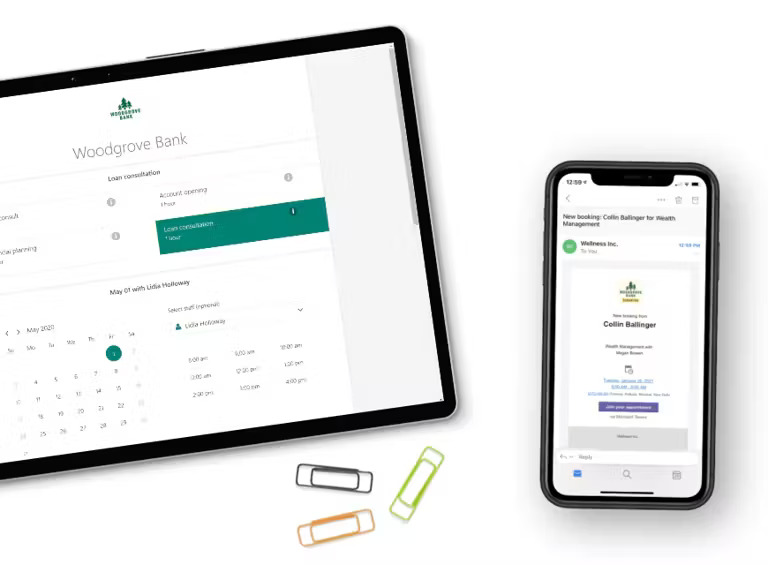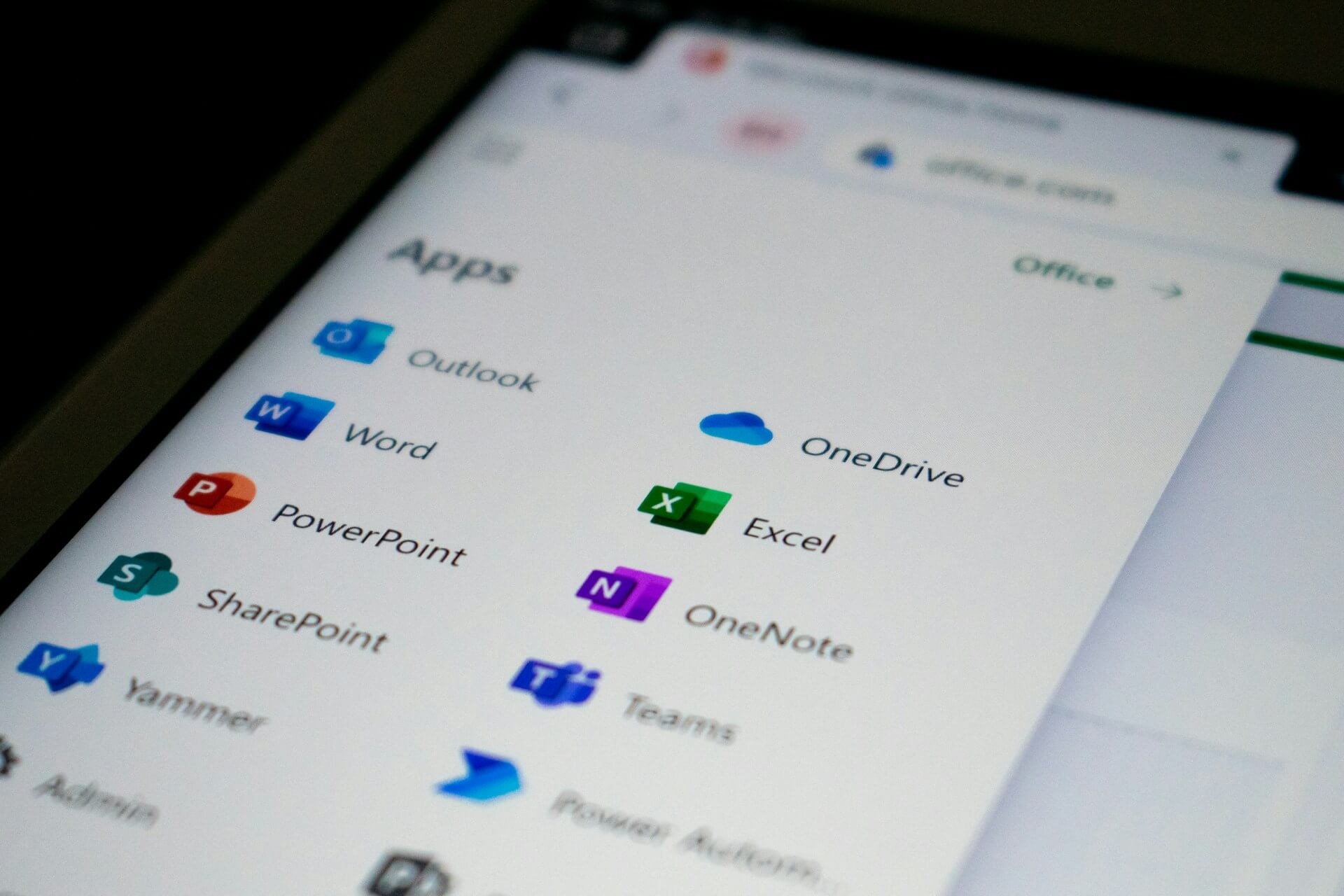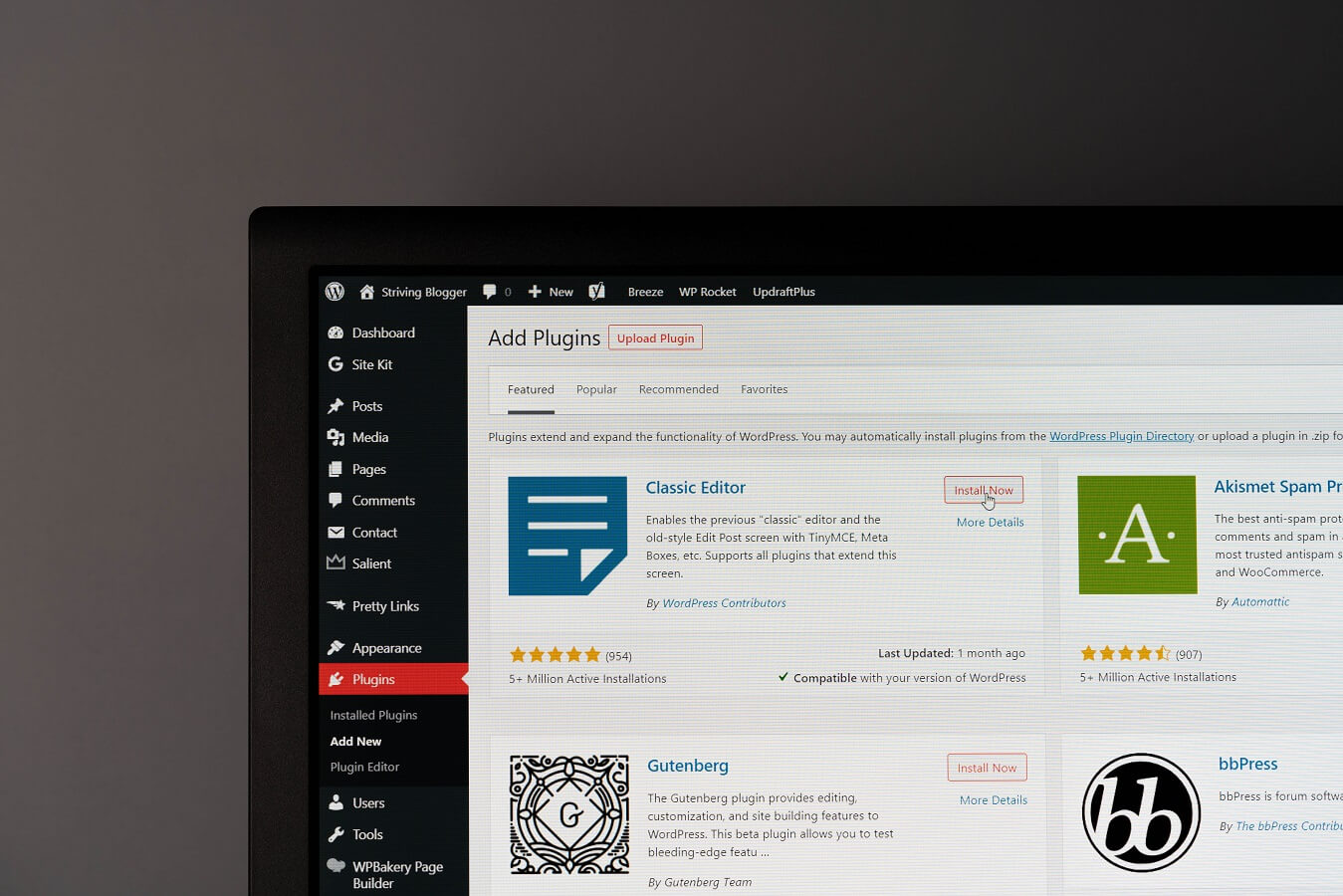39% of the internet (updated 14 Jan, 2021) is run on WordPress. As the premier open-source CMS on the market, you’re in good hands choosing to run your website with it. WordPress 5.0 is the latest major update to hit us and it’s a game-changer. But what exactly can you expect from 5.0 now that it’s here?
Here’s a quick rundown on the latest version of WordPress: what’s new and how it will affect your website.
The Gutenberg Editor
The major difference introduced in WordPress 5.0 is the Gutenberg editor. It’s a new style of editor that’s supposed to make creating and editing content in WordPress easier and more intuitive.
As with any new interface, however, there is a learning curve. Learning how to use Gutenberg should be a priority before you update to 5.0. This will ensure your website experiences minimal downtime as you learn the new interface.
The major difference between Gutenberg and the old editor is that Gutenberg treats content as blocks, allowing you to build a page or post in the same way you would using a page-builder add-on. 15 blocks come packaged with 5.0 and more are expected to be released as third-parties jump on the Gutenberg train.
Plugin Compatibility
Gutenberg changes the game when it comes to editing your WordPress content. With such a massive difference in functionality, plugin authors have their hands busy trying to stay compatible with 5.0.
Before upgrading your WordPress you should audit all your plugins. Check whether the latest update is compatible with 5.0 and take note of any complaints being made.
When in doubt, back up your WordPress before upgrading. If things break this will make it much easier to roll back to the older version as you iron out the plugin kinks.
Theme Compatibility
Gutenberg changes the way we build posts and pages. Those changes will have far-reaching effects when it comes to building themes.
To get the most out of Gutenberg, your theme needs to be compatible with all Gutenberg’s packaged blocks. Most premium themes are already releasing updates that work more seamlessly with the new editor and you should check before upgrading whether your theme is one of them.
Page Builders
Page builders are typically themes or plugins that let you build a page with blocks. With the introduction of Gutenberg, this functionality will likely lose some relevance as time goes on.
Gutenberg essentially packages page-building into WordPress. Most third-party page builders still have more functionality than Gutenberg but as the gap closes we could see third-party page builders fall to the wayside.
If your website uses a page builder, you should make sure the theme or plugin is 5.0 compatible before upgrading.
Release Schedules
WordPress has, up until now, had a pretty consistent release schedule. While there are some upsides to regular updates, there is also the risk of rolling out unnecessary changes just to keep to the schedule.
Well, not anymore! The WordPress core team is moving away from a scheduled release model. Instead, they’ll be making more intuitive updates when required. This means no more updates that lack meaningful content.
WordPress 5.0 is the Future
WordPress 5.0 changed the landscape of WordPress development practically overnight. With the Gutenberg editor affecting everything from plugins to themes to page-builders, the future of WordPress is an exciting one.
Ready to upgrade to WordPress 5.0? We can help with that.


